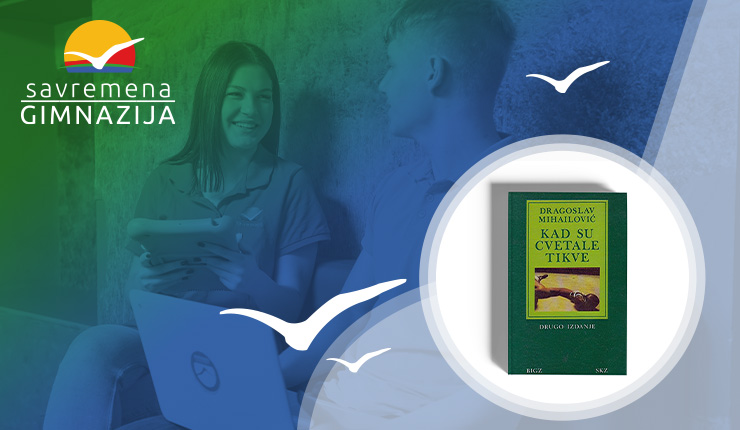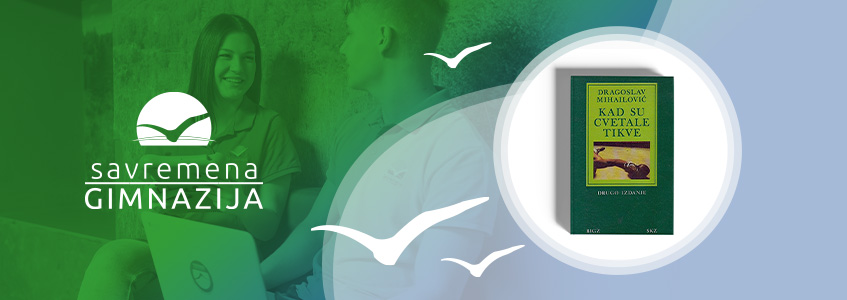
Serbian language and literature teacher Vanja Bajić and history teacher Vidak Pejović held a highly engaging interdisciplinary lesson exploring the historical and political context of Yugoslavia after World War II. Since understanding the novel When Pumpkins Blossomed requires familiarity with the political events of that period, the lesson aimed to help students grasp key concepts such as the Informbiro Resolution, Goli Otok, and the basic principles of communism.
The novel When Pumpkins Blossomed has sparked controversy since its publication, primarily for its depiction of Goli Otok and its realistic portrayal of the political climate of the time. Students found it particularly fascinating to learn that the author, Dragoslav Mihailović, was himself imprisoned on Goli Otok, giving him firsthand experience of this camp for political dissidents. They were also intrigued to discover that the play based on the novel was swiftly banned by the authorities.
The teachers provided detailed explanations of the key role of the Communist Party of Yugoslavia in shaping social and cultural life, highlighting how works deemed unsuitable for public display or publication were censored. The students demonstrated exceptional interest during the lesson, asking questions and actively participating in discussions, which contributed to a deeper understanding of the historical and political background of the novel.


















